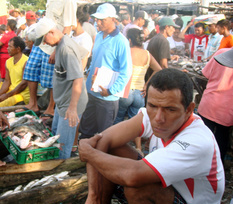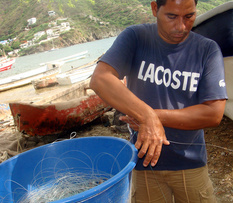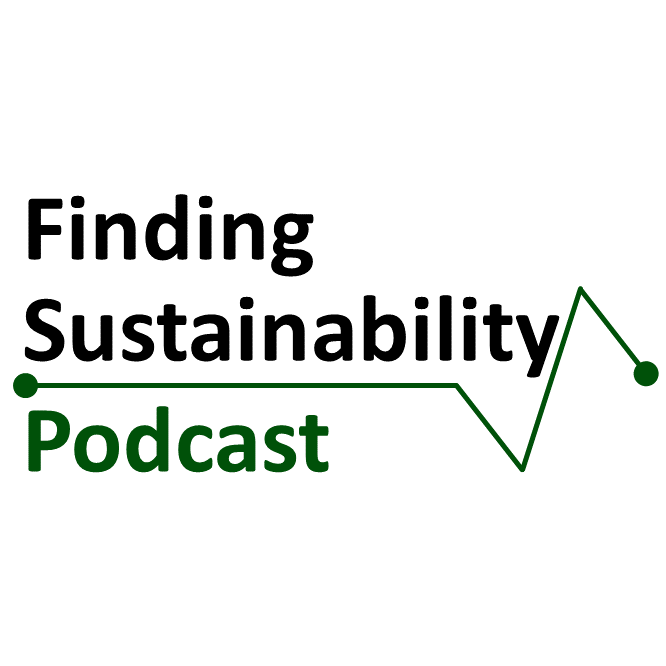The working group “Institutional and Behavioural Economics” analyses the interactions between resource users, the governance system and ecological peculiarities within complex social-ecological systems in the marine tropics, using empirical methods of qualitative case studies and experimental economics (natural, field and laboratory experiments). At the centre of attention are the questions of how formal and informal institutions affect decision-making of resource users who frequently face trade-offs between economic and ecological goals, how these institutions change and how they should be designed in order to reconcile ecological, social and economic sustainability.
Institutions are central for understanding collective action and economic exchange. Following prominent scholars in this field, we understand institutions as human-made and widely shared rules that help people coordinating interactions with others, encompassing formal (written) rules, such as laws and policies, and informal ones, such as norms or customs. A main research focus of the IBE working group lies on the analysis of how institutions affect decision-making of resource users in coastal areas. What are appropriate property rights systems to ensure sustainable use? How should the extraction from environmental goods with characteristics of common-pool resources (e.g. fishing grounds) or public-goods be regulated? What are the potentials of community-based management schemes for the sustainable management of coastal areas? What drives institutional change in coastal areas? What kind of rules help to alleviate problems of overfishing or ocean pollution? These and related questions of policy relevance are addressed by the IBE working group.
Behavioural Economics
The theoretical point of origin in our work is the assumption that individuals have incomplete information about other people’s preferences, the full range of possible actions and the probabilities associated with each outcome resulting from an action. Moreover, individual decision-making is context specific, implying that a policy that works well in one society may not necessarily have the same behavioural consequences in another society where norms or customs are different. Having this in mind, the IBE working group analyses how resource users’ willingness to cooperate and other behavioural aspects relevant to joint resource management change, depending on ecological and institutional context factors.
Methods
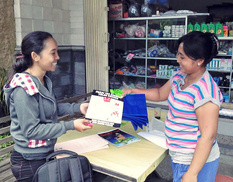
We are convinced that understanding the use of marine and coastal common pool resources requires a multitude of different methods (Poteete, Janssen Ostrom 2010). Therefore, the aim of the research group is to keep the scientific question constant, but using various methods and methodologies for answering it. As you can see in our projects, methods run from qualitative case studies, to various experimental approaches (in the lab, in an artifactual or natural field setting), surveys and some careful attempts in modelling (in colaboration with our modelling department).
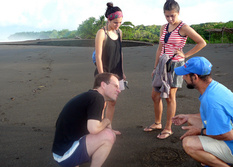
Qualitative Case Study approach
A qualitative case study approach is necessary for understanding institutions and behaviour and the regarding change, because neither institutions nor behaviour are independent from their context. Researchers need to have detailed, context-specific knowledge for being able to understand why certain rules are in place, what drives their change and why those rules imply a particular behaviour in one location, but a different one in another. The main qualitative techniques used are schedule based interviews, focus groups and participant observation. Computer assisted qualitative data analysis tools are used. Qualitative data is useful and necessary for understanding the problems of collective action we are interested in, but it has its clear limitations for testing hypothesis. Therefore, we combine qualitative research approaches with quantitative ones, such as (natural) economic experiments and impact evaluation.
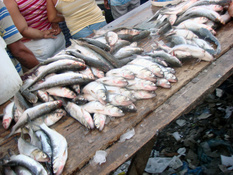
Experimental Economics
Economic experiments are a research method applied to study preferences and behaviour or the impact of different institutions. Decisive characteristics of this methodology are control and incentive-compatibility. The first refers to the possibility of holding most factors which influence behaviour, such as the choice set which determines participants’ scope of actions, the information conditions, and the monetary incentive structure that translates decisions into pay-offs, constant. The second alludes to the fact that experiments use pecuniary incentives and participants are paid according to their decisions. In experiments designed to study cooperation or fairness, for example, subjects usually must forego (immediate) earnings to engage in cooperative behaviour.
The IBE working group uses experiments mainly to examine determinants of collective action, the interactions between specific formal rules and social norms and other aspects relevant for the management of resources. While most experimental studies use abstract designs and draw on Western students, our working group analyses decision-making of real-life resource users and aims at confronting them with an experimental design that reflects the real-life situation as close as possible. We are particularly intersted in natural field experiments, where people do not know that they are part in an experimental setting, as we believe that external validity of those experiments are particularly high.
Science communication and networking projects
Environmental Social Science Network (ESSN) - Use digital platforms to better enable social scientists, practitioners, students and policy makers to connect, share and discuss their work.
Finding Sustainbility Podcast - Interviews with academics and practitioners about environmental social science, related fields, sustainability, inter-disciplinarity, careers, field work, methods, academic life, literature and more.
Past research projects
Evolution of Cooperation in Social-Ecological Systems
Collective Use of Sea-Turtle-Eggs
Collective action for the management of the fishery in an estuarine lagoon in the Caribbean Coast of Colombia: The case of Tasajera
Development of economic regulatory mitigation strategies for offsetting peatland carbon emissions
Governance of Marine Protected Areas in Costa Rica: stability and change of institutions
Increasing the Use of Canvas Bags in Indonesia
Resource Changes and Cooperative Behaviour
Temporal dilemma, individual time preferences and marine resource extraction
Contributing to Coral Commons
New Regional Formations
RECODE: Diagnosing and comparing diverse social-ecological systems





